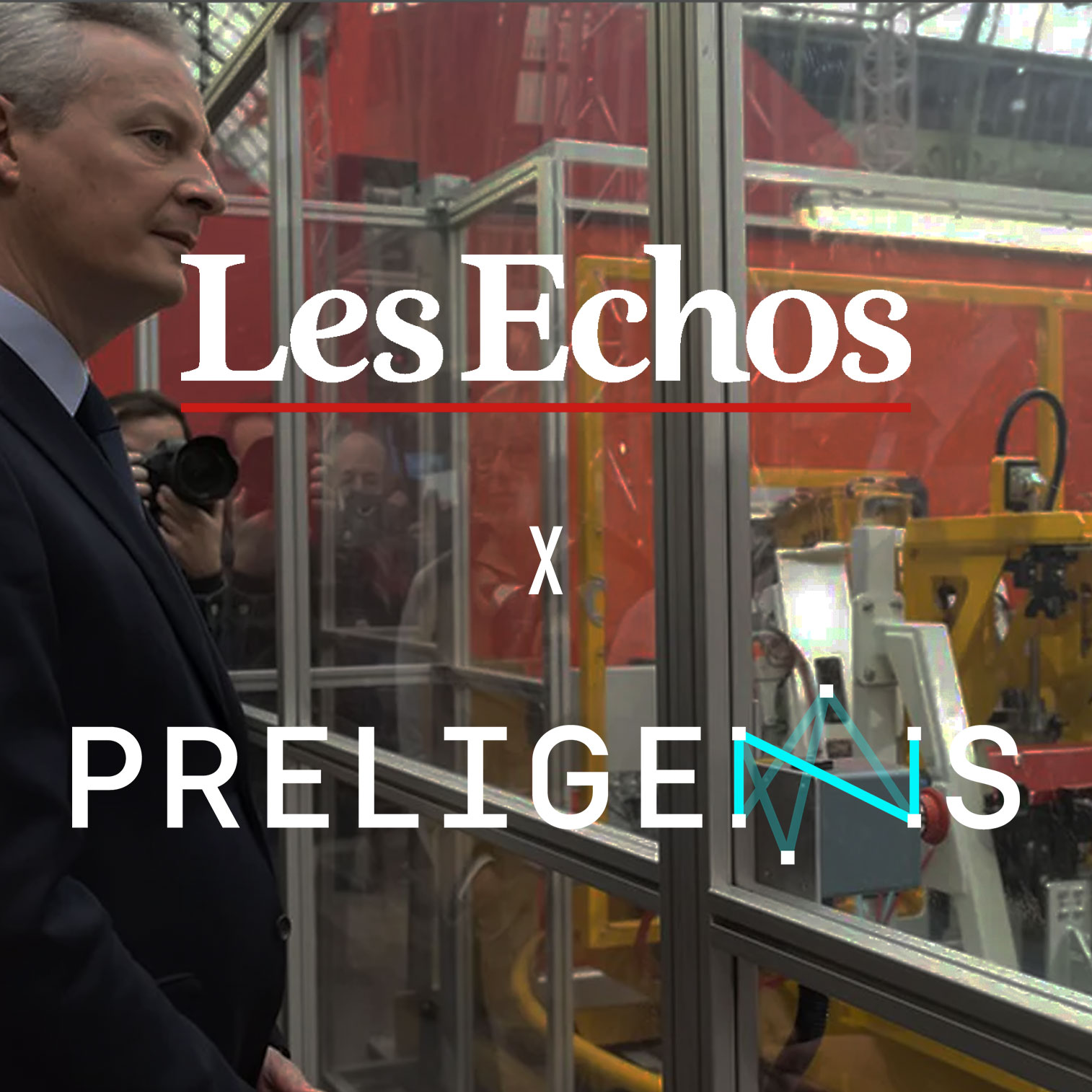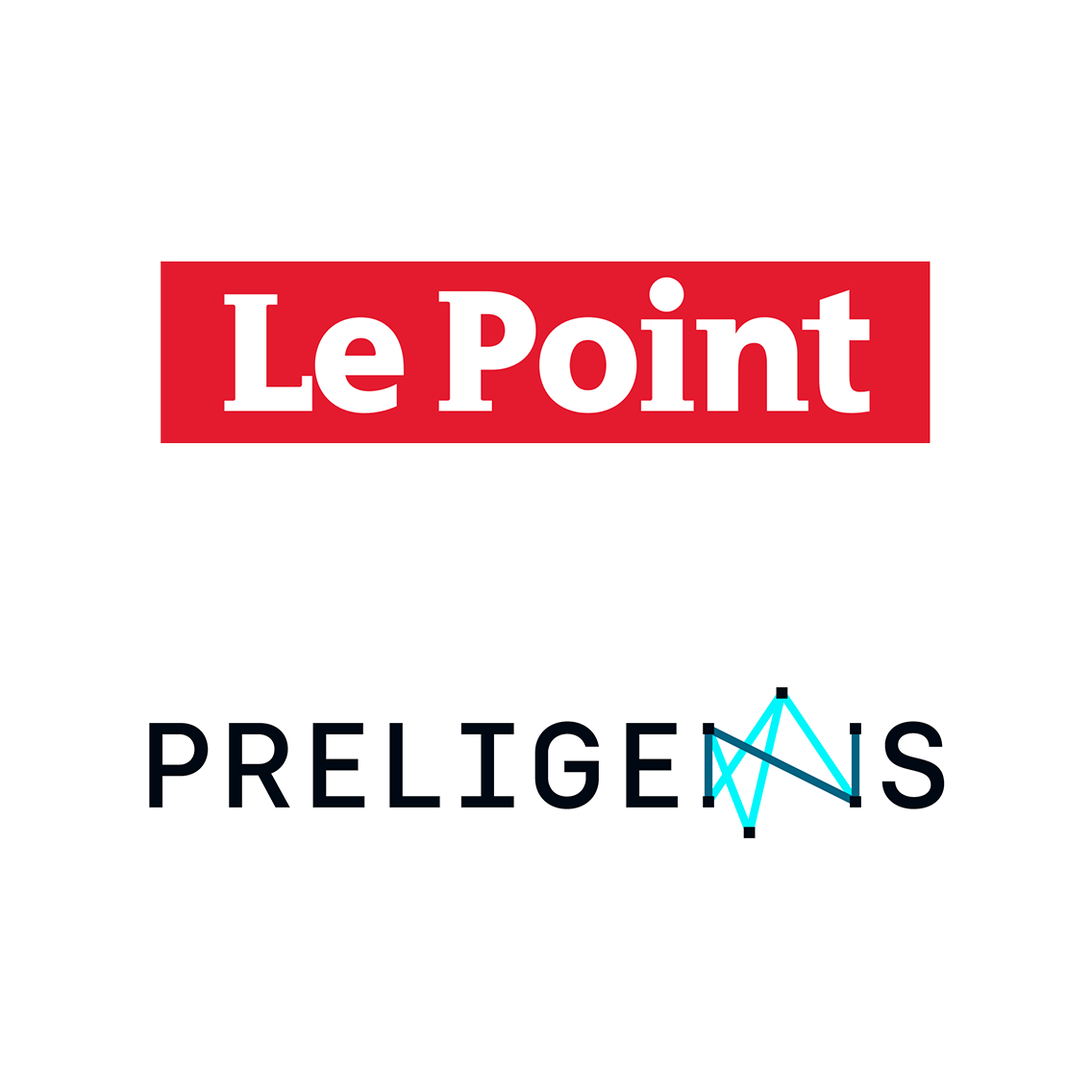No economic recovery is possible in Europe without artificial intelligence

07/21/2021 by Arnaud Guérin
Read the original article in French on Les Echos
Artificial intelligence is a unique opportunity for Europe to restore its industrial and technological sovereignty, affirms Arnaud Guérin, CEO of a start-up. But for this to happen, the European continent must invest massively. Which it has not been doing.
Artificial intelligence (AI), which is already integrated in most aspects of our lives, is about to reshape the world. After the digital revolution led by the American GAFAM and the Chinese Baidu, Alibaba, Tencent and Xiaomi, an industrial revolution is taking place. As the end of the health crisis is in sight, we are starting to dream about the Europe of tomorrow, a strong, independent and innovative Europe. Artificial intelligence has the strength to transform this dream into a destiny.
Much has already been said about the tremendous driver of growth that this technology represents, it has the power to provide existing industries with the means to enter a new era and find a new lease on life. But to stop at this observation alone is to miss the real potential of AI by failing to see that it is itself a growing industry. And as such, it represents a unique opportunity for Europe to restore its industrial and technological sovereignty.
Being a major industrial stakeholder in this revolution means controlling all the links in the production chain. It is therefore imperative to consider artificial intelligence as an industry of its own, creating jobs and providing solutions for the world of tomorrow.
Limited public investment.
The European Union has recently taken the decision, through its Commission, to lay the foundations of an ethic of artificial intelligence. It is clearly displaying its ambition to establish itself as "the pole of trustworthy AI".
This is more than commendable. However, it is unfortunate that out of the 290 pages of its draft regulation, only 70 are devoted to the economic road map. The American National Security Commission on Artificial Intelligence's (NSCAI) report has a reversed ratio, it devotes 700 pages to the eco-industrial action plan, and only 12 pages to the values and framework of AI... With a comparison of the investment, the concern is reinforced: the billion euros allocated to artificial intelligence by the European Commission is far from the 8 billion dollars per year the US AI Commission recommends to invest.
However, for Europe and France, all is at stake now. AI is currently developed, in production at customers' sites, and applied in products. The industry is developing. It is time to invest massively in it because it can bring the renewal of the French and European industry.
France, a country of AI
This hope and this appeal are based on real assets. France is a country of artificial intelligence. Many R&D centers of American corporations have taken up residence here in France, and our engineers are recognized worldwide. The challenge now is to ensure that this excellence is put to use by European champions, and thus contribute fully to the revival of a genuine industrial strategy.
The second asset is the control of the value chain, which begins with the production and exploitation of data. Europe is ahead of the game in terms of regulations in this area: the General Data Protection Regulation (GDPR) is a virtuous framework for the development of applications, and the Gaia-X project, which plans on hosting this data in a European cloud, meets this need for Europe's digital future.
Finally, the quality of the data, which determines the development of efficient algorithms, is dependent on their proper annotation. The ratio is both unknown and alarming: a data scientist needs five people, to annotate the data upstream, to work on algorithms. This is an enormous pool of jobs and opportunities for training and retraining.
European AI stakeholders have everything they need to become technological champions that create value and jobs. We must now give them the decisive boost. In this respect, the United States and China are showing us the way. Investing in their cutting-edge technologies and providing them with contracts will help them cross the threshold beyond which everything is possible. The solutions are here, and it is up to Europe to seize them as soon as possible.


